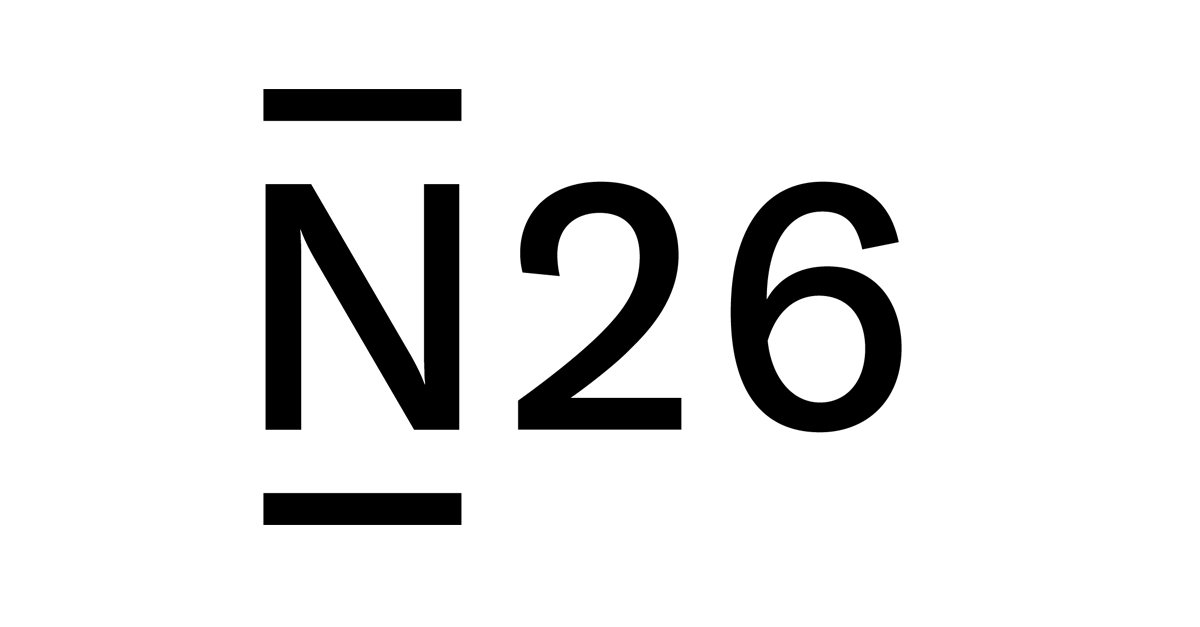Brendan Burgess
Founder
- Messages
- 55,224
There is no connection between Wirecard and Revolut.
But as I understand it, they are both payment processors. They are not banks.
So the customers of Wirecard are not covered by the banking guarantees in either Ireland or Germany.

 www.irishtimes.com
www.irishtimes.com
The once high-flying German fintech company Wirecard filed for insolvency on Thursday after admitting it had lost €1.9 billion from a largely fictional balance sheet. With its former chief executive Markus Braun facing a fraud investigation, and out of prison on €5 million bail, the company cited its unsustainable debt position as the reason for seeking court protection in Munich.
There was a clear fraud in Wirecard which was not picked up by anyone including EY, the auditors, for a few years.
I would think that it's a difficult business to make money from.
Brendan
But as I understand it, they are both payment processors. They are not banks.
So the customers of Wirecard are not covered by the banking guarantees in either Ireland or Germany.

An Post freezes 50,000 pre-paid cards in German Wirecard scandal
Listed director of Irish Wired unit faces questioning after collapse
The once high-flying German fintech company Wirecard filed for insolvency on Thursday after admitting it had lost €1.9 billion from a largely fictional balance sheet. With its former chief executive Markus Braun facing a fraud investigation, and out of prison on €5 million bail, the company cited its unsustainable debt position as the reason for seeking court protection in Munich.
There was a clear fraud in Wirecard which was not picked up by anyone including EY, the auditors, for a few years.
I would think that it's a difficult business to make money from.
Brendan
